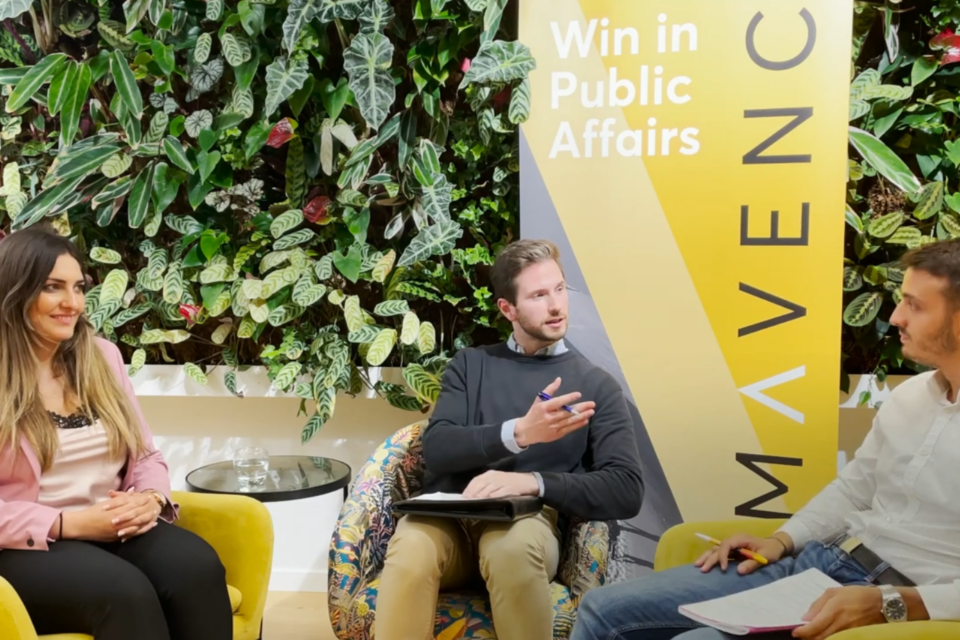This is probably a sentence we, as recruiters in Public Policy & Government Affairs, find ourselves saying at least once a week when asked the question “do I need to write a letter of motivation?” by candidates we’ve approached.
From experience, most candidates find it reassuring and a source of confidence to know that we take care of it all on their behalf: not only do we identify them as potential fits for a role in the first instance, but we engage with them in preliminary and increasingly nuanced conversations; walk them through key features of the position, the organization, and the internal dynamics of the prospective employer; and facilitate interactions and conversations on next steps between them and the hiring authorities until the job is done. And in our case in particular, we even stay with them post-placement, thanks to Mavence’s 6-month guarantee. Even should they be rejected, or something not go according to plan, we are there to have an honest conversation with them and explain why things didn’t work out.
Taking on all these roles and seeking to make the recruitment process as smooth as possible for both employers and employees is not without its challenges, however, even when they are handled behind the scenes. As recruiters, representing talent in the Public Policy and Government Affairs sectors comes with particular opportunities, and that includes offering numerous benefits not just to employers, our clients, but to prospective employees. After 10 years of working in key capitals and diving deep into international policy hubs, here are the top 10 stand-out ways we add value beyond serving as a point of contact and personal cover letter:
- Assessing your profile for more than just the job to which you applied, and identify roles that you may not have spotted as part of an ongoing active search.
- Offering full briefings over the phone with a chance to talk person-to-person, and include discussions on salary matching – which is particularly unique, as no employer would arrange this for a candidate independently.
- Answering questions about the role, the organization, the recruitment process, and relevant career development possibilities, as well as giving our honest impression about the client, their situation, and their search.
- Meeting to establish the relationship, fine-tuning your understanding of the role, asking questions to grasp where strengths and potential areas of improvement lie, confirm salary expectations, and discuss next steps.
- Providing confirmation of when your profile is submitted, and what first impressions a prospective employer has.
- Organising all the interviews, laying out who you’ll be meeting, when and where, including on occasion in our own offices – and even our presence during the conversation – and arranging for a debrief after each interview to collect impressions and discuss moving further in the process
- Ensuring final questions are asked in due time from both sides, so that any offers that are made are done with clarity and context for the candidate’s consideration
- Handling the offer itself, if selected, and providing guidance and support on next steps – everything from handling your resignation at your current employer and following up throughout the notice period to ensure that your transition remains on tracks and you have everything you need to make the change smoothly and on time.
- Giving feedback, if an offer was not made, on why they were not selected, in a timely and meaningful manner, and helping to smooth over final decisions on both sides so that relationships built during conversation can be preserved – which can be key in tight-knit Public & Government Affairs bubbles.
- Maintaining a close relationships with all parties for at least 6 months after a job placement is secured, ensuring everything is running smoothly through onboarding and both the client and candidate are happy with the results of the collaboration.


